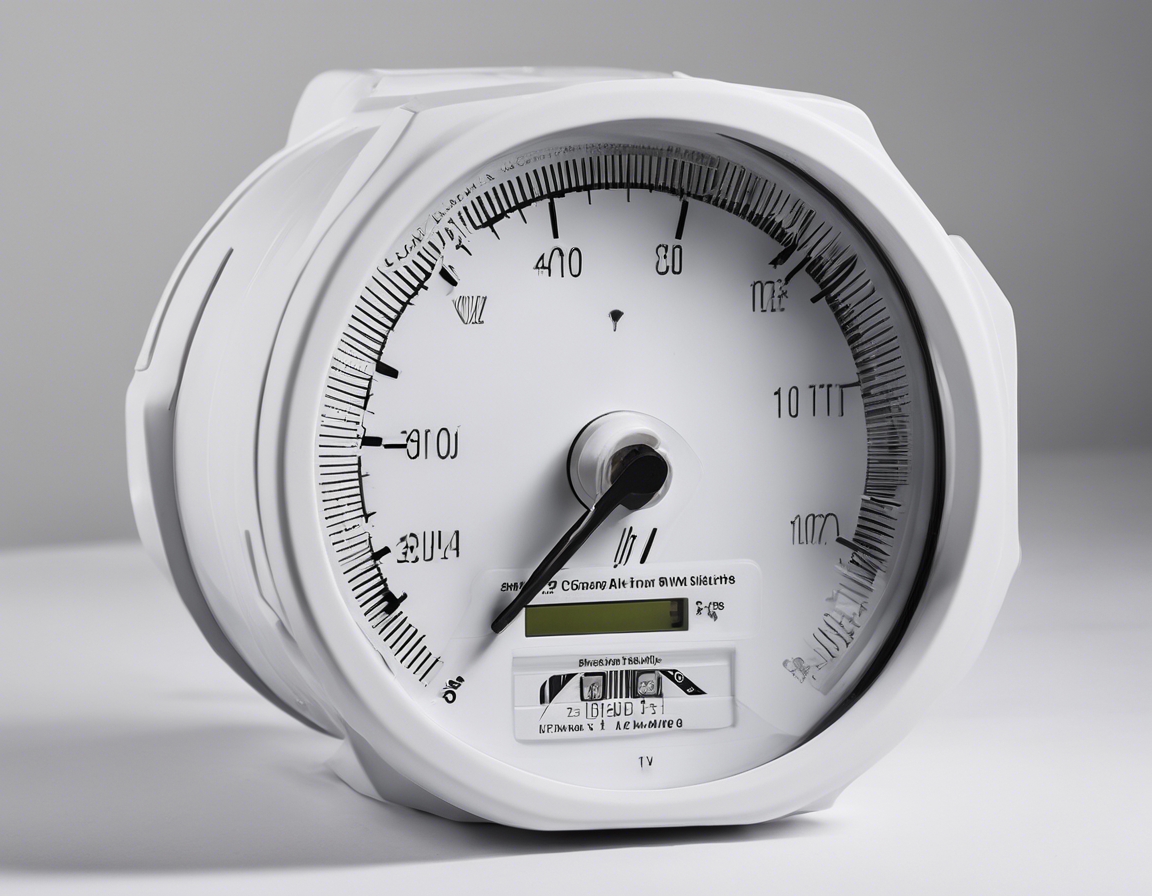The importance of noise insulation in urban homes
Noise pollution, an often underestimated environmental problem, is a prevalent issue in urban areas. It refers to unwanted or harmful outdoor sound created by human activities, such as traffic, construction, and industrial operations. The constant hum of city life can intrude into the sanctity of our homes, affecting our daily lives.
Long-term exposure to noise pollution has been linked to a variety of health issues, including hearing loss, sleep disturbances, cardiovascular diseases, and even mental health problems. The World Health Organization has recognized noise as a significant threat to public health, underscoring the need for effective noise management in urban living spaces.
The Role of Noise Insulation in Urban Homes
Noise insulation involves the use of materials and construction techniques to prevent sound from entering or leaving a space. For urban dwellers, effective noise insulation is not a luxury but a necessity to maintain a peaceful and quiet home environment amidst the bustling city life.
There are various materials used for noise insulation, including mass-loaded vinyl, acoustic foam, fiberglass, and rock wool. Each material has its own set of properties that make it suitable for different applications within residential buildings.
Benefits of Noise Insulation for Urban Dwellers
Proper noise insulation ensures that private conversations remain within the home and external noises do not disrupt the tranquility of the living space. This creates a more comfortable and serene environment for residents.
By mitigating noise pollution, insulation helps to reduce stress levels and prevent health issues associated with prolonged exposure to high noise levels. A quieter home can contribute to better sleep quality and overall well-being.
Homes with high-quality noise insulation are often more desirable, leading to increased property values. This is particularly important in urban areas, where space is at a premium and buyers are willing to pay more for a peaceful living environment.
Implementing Noise Insulation in Urban Homes
Effective noise insulation requires a comprehensive approach, including the installation of insulated windows and doors, the use of sound-absorbing materials in walls, ceilings, and floors, and the incorporation of design elements that block or absorb sound.
For new constructions, noise insulation can be integrated into the design from the outset. In renovations, homeowners and building managers must assess the existing structure to determine the best methods for adding or improving insulation.
Adhering to building codes and standards is crucial for ensuring that noise insulation measures are effective and legally compliant. Urban areas often have strict regulations regarding noise control, which must be taken into account during construction or renovation projects.






Comments (0)